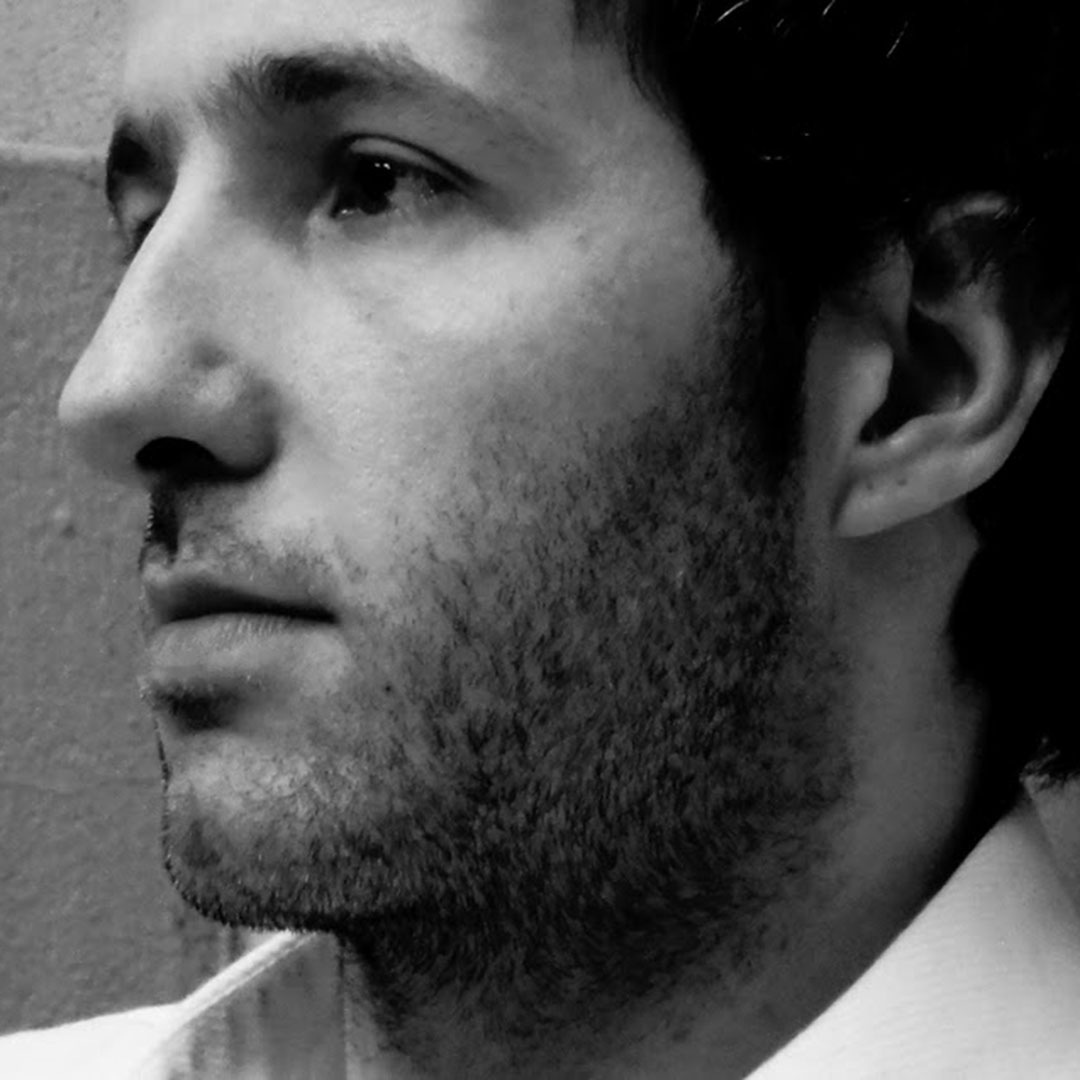Project Description
Premio Décimo Aniversario ÑLuis Mey
Argentina
Luis Mey was born in Buenos Aires in 1979. He studied Law at the University of Buenos Aires and has already written numerous articles for the prestigious Argentinean literary magazines Ñ and La Gaceta de Tucumán. His debut novel LOS ABANDONADOS received great critical acclaim and was selected for the anthology 12 Argentinean authors, which was presented at the 2009 Frankfurt Book Fair. His novel EN VERDAD QUIERO VERTE, PERO LLEVARÁ MUCHO TIEMPO has won the Premio Décimo Aniversario revista Ñ, which was created especially.
 © Andrea Stefanoni
© Andrea Stefanoni//
My Mother’s Question
Matías knows what it’s like to struggle to make ends meet and to be in love with someone who seems unreachable. To seduce the beautiful Carolina, who is way out of his league, he invents a new past, new parents and a new self, but the plan backfires. To win the girl of his dreams and clear up the lies, Matías travels to Mar del Plata with his best friend Peine, who has no idea what Matías has planned. On this initial journey, profound feelings are suddenly put to the test: the love between mother and son, friendship and desire, but also the sense of shame and guilt. And the desire to be someone else, someone better, leading to a web of fantasies until the lines between the real and the imagined are blurred beyond recognition.
Written in modern and agile language, Luis Mey‘s award-winning new novel My Mother’s Question (“La pregunta de mi madre“) features highly likeable characters that are hard to forget.
//
I Really Want to See You But it Will Take a Long Time
I Really Want to See You But It Will Take a Long Time (“En verdad quiero verte, pero llevará mucho tiempo“) is a highly emotive and agile novel about different realities, friendship, education and the discovery of real values worth fighting for. The final book in this unconventional trilogy about Maxi, which can be read separately and which has moved thousands of readers.
//
Has To Do With Fury
Working in a bookshop, Luciano and Sofía share a frustration with their job, a passion for literature – and they are both unhappily in love. Over their daily struggles, Sofía and Luciano gradually become friends, making life more bearable. Has To Do With Fury (“Tiene que ver con la furia”) is a four-handed novel with a single pulse.
//
The Grappling Hook
The Grappling Hook (“Las garras del niño inútil”) gives us a unique insight into the inferno growing up can become. Maxi’s life is ruled by the daily fear of upsetting his alcoholic father and the shame he feels for his parents. When he is forced to give up the one thing he loves, Maxi’s whole life changes completely. With his concise style, Luis Mey creates a strong sense of immediacy.
//
The Forsaken
In The Forsaken (“Los abandonados”), Luis Mey depicts a unique character both hateful and likeable, who tries to cope with life in his own way. His uncompromising honesty, his unexpected sensivity and his intelligence render him human, his destructive streak evokes empathy. Written in direct language that draws its strength from its crass sobriety, Los abandonados immediately captivates the reader with its controversial protagonist.
RIGHTS
NOVELS
Curabichera
Buenos Aires: La Crujía 2024, 220 p.
He Sings Better Every Day (“Cada día canta mejor”)
Buenos Aires: Factotum 2022, 160 p.
Witches of Carupá (“Brujas de Carupá”)
Buenos Aires: Factotum 2019 228 p.
The Birds of Sadness (“Los pájaros de la tristeza”)
Buenos Aires: Seix Barral 2017, 168 p.
The Sky’s Past (“El pasado del cielo”)
Buenos Aires: Seix Barral 2015, 288 p.
My Mother’s Question (“La pregunta de mi madre“)
Buenos Aires: Clarín Alfaguara 2014, 224 p.
Premio Décimo Aniversario revista Ñ
I Really Want to See You But it Will Take a Long Time (“En verdad quiero verte, pero llevará mucho tiempo”)
Buenos Aires: Factotum 2013, 242 p.
Has To Do With Fury (“Tiene que ver con la furia“)
(with Andrea Stefanoni as co-author)
Buenos Aires: Emecé/Planeta 2012, 216 p.
The Grappling Hook (“Las garras del niño inútil“)
Buenos Aires: Factotum 2010, 222 p.
English and German sample translation available
The Forsaken (“Los abandonados“)
Buenos Aires: Factotum 2008, 179 p.
Selected for the anthology 12 autores argentinos, which was presented at the 2009 Frankfurt Book Fair
NON-FICTION
Diary of a Bookseller (“Diario de un librero”)
Buenos Aires: Interzona 2015, 144 p.
SHORT STORIES
What Those Who Don’t Read Like Me Drink (“Qué beben los que no leen como yo“)
Buenos Aires: Factotum 2024, 176 p.

